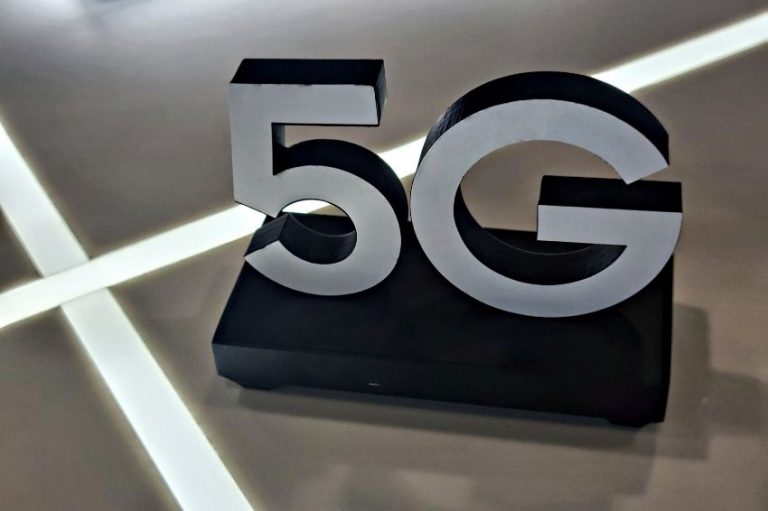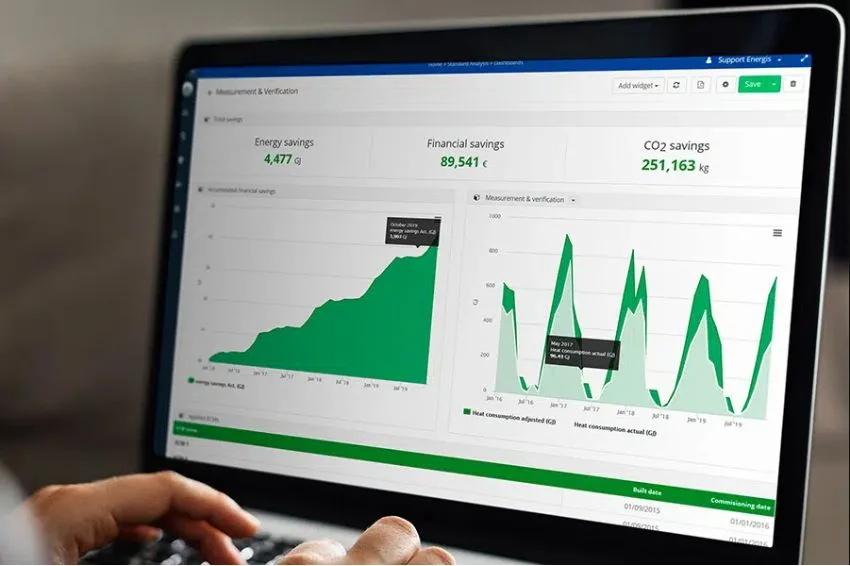The era of renewable energy with the advancement of new technologies and the possibility of self-generation of energy by “generating consumers” (individuals or legal entities, associations, condominiums, cooperatives and consortiums that have the legality to generate their own energy) has reached becoming a trend not only in Brazil, but throughout the world.
The great expectations of most consumers grow at the same rate as the DG (distributed generation) model begins to generate large reductions in electricity bills.
Through installation on large rooftops or through remote generation, the insertion of distributed energy resources, and the concept of technology integrated into energy projects – they brought to Brazil the concept used in the United States (successfully) which is net metering – energy compensation system – whose current model, with the publication of Law 14,300/2022, created a new pricing/compensation in which the consumer compensates for their electricity consumption with their own energy generation.
With the introduction of 5G technology, which is already a reality, the natural evolution of the mobile network (such as smartphones, tablets, computers and even other devices for cars), leveraged the process of digitalization and energy transition in which Brazil is involved and It also brought economic advantages to distributed generation projects in all Brazilian states.
The transition of energy sources that Brazil is going through, in addition to moving towards a clean, renewable and sustainable energy matrix, essentially works on introducing the global concept of the five “Ds” of the energy transition:
- Decarbonization;
- Decentralization;
- Digitization;
- Deregulation;
- Democratization.
An undeniable fact is that the decarbonization of the electricity sector is completely related to the introduction and maintenance of renewable energy sources and sustainable electrification, while decentralization is closely related to distributed energy generation and the response to energy storage demand.
With the inauguration of the New Legal Framework for Distributed Generation in Brazil – through Law No. 14,300/2022 – the “own generation” of energy, which can be done by photovoltaic solar energy, wind energy, qualified cogeneration or energy from hydroelectric plants, was the industry's greatest strength over the years, and mainly placed the solar source as an extremely competitive force and generator of employment and income throughout Brazil.
The era of distributed generation is certainly a trend that is here to stay, along with the smart grid system (smart grid and smart metering), which is the future of energy generation in Brazil, as it brings together the sector's technological advances. , combined with best practices in economic and environmental terms.
This is mainly because it allows for more adequate use of existing infrastructure and encourages increased energy efficiency in consumption.
At the same time, electronic consumption management systems (smart grids) will enable the most efficient use of energy possible, meeting the priorities defined by their users. Furthermore, the excess energy produced can be supplied to the rest of the grid at market prices.
The other important “Ds” are: the deregulation of the energy sector, which seeks the implementation of simpler standards and the application of innovative public policies in terms of regulatory advances, which is exactly what the legal framework for distributed generation seeks to provide to the Brazil; the importance of democratizing the use of energy sources – which gives end consumers the power to choose how to generate their own energy – become essential tools for the process of restructuring the Brazilian electricity sector combined with 5G technology.
In addition to the construction of legal regulation measures for the Brazilian electricity sector, such as the importance of keeping a firm eye on the Energy Transition, other efforts are urgent and necessary in Brazil, with emphasis on the CBEE (Brazilian Electric Energy Code), which brings together in a single document the entire compendium of the Brazilian electricity sector (which is currently addressed through ANEEL Resolutions) and is being structured in partnership with INEL (National Institute of Clean and Sustainable Energy) and federal deputy Lafayette de Andrada with the purpose of being a compendium of the electrical sector and bring together the vast energy legislation.
Just like the song by Elba Ramalho that says that “The sun has risen, It took over the square, its energy, the sun has risen, To tell the country: That today is D-day”: we then tell Brazil that today is D-day : from the era of renewable energy, mainly associated with 5G technology.
















